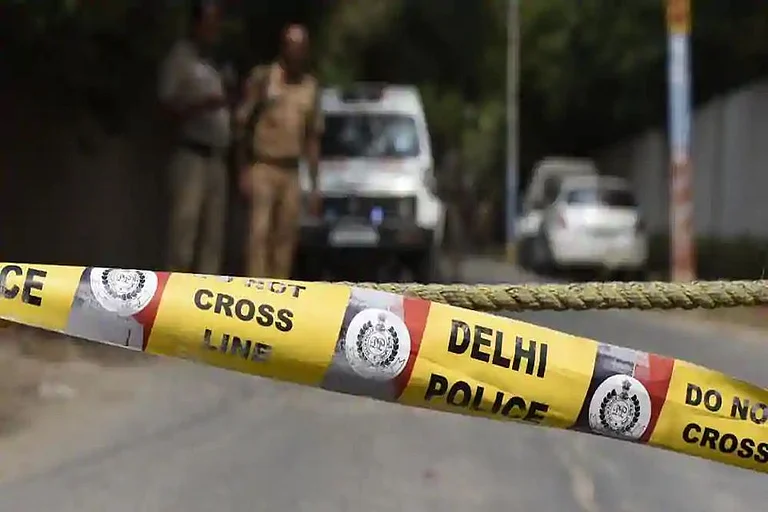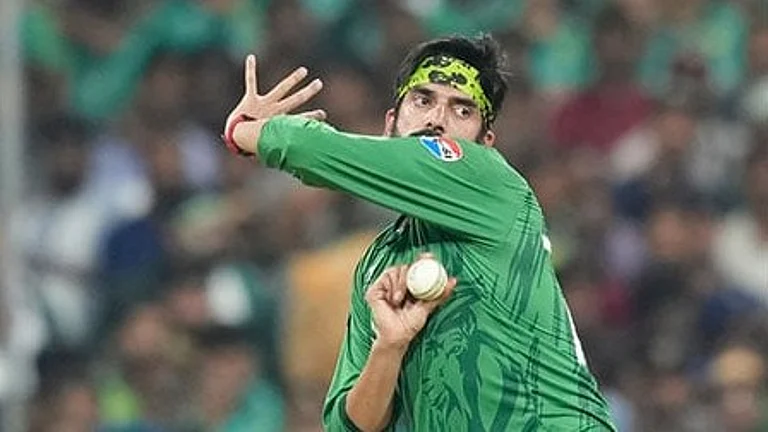The pro-talks faction of the United Liberation Front of Assam (ULFA) on Friday officially signed a peace accord with both the central and Assam governments in a significant development.
The peace deal was signed in the presence of Union Home Minister Amit Shah and Assam Chief Minister Himanta Biswa Sarma, with the outfit denouncing violence and disbanding the organisation.
Amit Shah emphasised the historic nature of the event, acknowledging the prolonged suffering of the people of Assam due to ULFA's violence, which has claimed the lives of as many as 10,000 individuals since 1979.
1979: Formation of ULFA
Founded on April 7, 1979, in Sivasagar, Assam, the ULFA emerged during the Assam Agitation, a movement demanding a sovereign state for the indigenous Assamese people. The group, led by figures like Paresh Baruah, Arabinda Rajkhowa, and Anup Chetia, initially portrayed itself as a humanitarian organization aiding the needy. However, as the late 1970s and early 1980s unfolded, ULFA's objectives evolved into armed struggle against the Indian government.
1990: Surendra Paul’s assassination
In May 1990, ULFA orchestrated the targeted killing of Surendra Paul, a prominent tea planter and the brother of Lord Swraj Paul. The assassination of Surendra Paul, known for his significant role in the tea industry, was a critical turning point in ULFA's history. The assassination of Paul led to many tea estate managers fleeing the state. It is believed that Surendra Paul was targeted by ULFA because he was perceived as a symbol of economic influence, especially due to his association with the tea industry.
President’s Rule and ban on ULFA
Following Paul’s death, a wave of fear and unrest swept Assam. Hostilities intensified marked by increased violence, abductions and rising tensions between the insurgent group and the Indian government. In response, the government imposed President’s rule to help restore law and order.
The Indian government officially banned ULFA in 1990, recognising it as a threat to national security and also launched "Operation Bajrang" as a counter-offensive against ULFA.
1991: Fourteen people kidnapped, including a Soviet Union engineer
On July 1, 1991, the ULFA cadres abducted 14 people, including an engineer from the erstwhile Soviet Union, a significant event in the timeline of the outfit. The act of kidnapping a group of individuals, including a foreign engineer, heightened tensions and drew attention to the group's activities. In response, the Indian Army launched "Operation Rhino" in 1991, aiming to counter ULFA's activities and restore order in Assam. The operation was eventually suspended when ULFA agreed to engage in talks with the government in 1992, marking a temporary halt to their insurgent activities.
1992: ULFA split in two factions
In March 1992, the ULFA split into two factions, the Pro-Talks Faction (ULFA-PTF) and the Anti-Talks Faction (ULFA-ATF). While the former sought a peaceful resolution to the Assam conflict through negotiations with the Indian government, the latter opposed any negotiations with the Indian government and continued to pursue armed struggle for an independent Assam.
1990-2023: Multiple attempts at resolution
Between the late 1990s up until 2023, several attempts at talks were made between the government and the ULFA for a resolution but there wasn’t much progress made. The state also witnessed several attacks by various militant groups during this period, raising concerns about Assam’s challenging security situation.
2023: Peace deal signed
After several years of unconditional negotiations, a historic peace accord was reached today between the pro-talk faction of the ULFA and the Indian government, with the agreement expected to bring an end to the decades-long insurgency in Assam.
Notably, Paresh Baruah, leading the ULFA (Independent) faction, remains opposed to the talks and is believed to be residing along the China-Myanmar border.



























